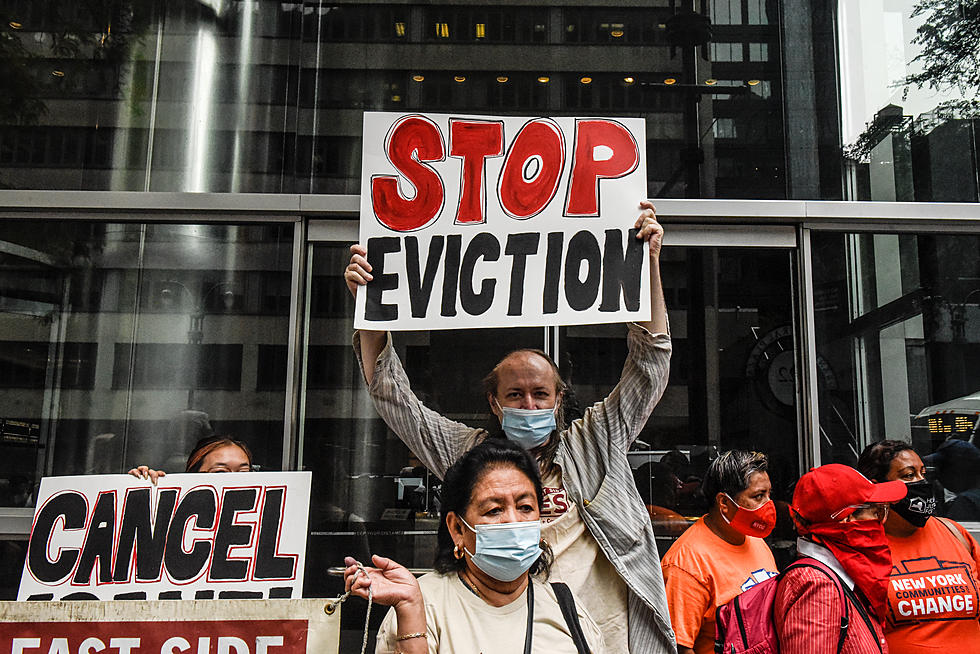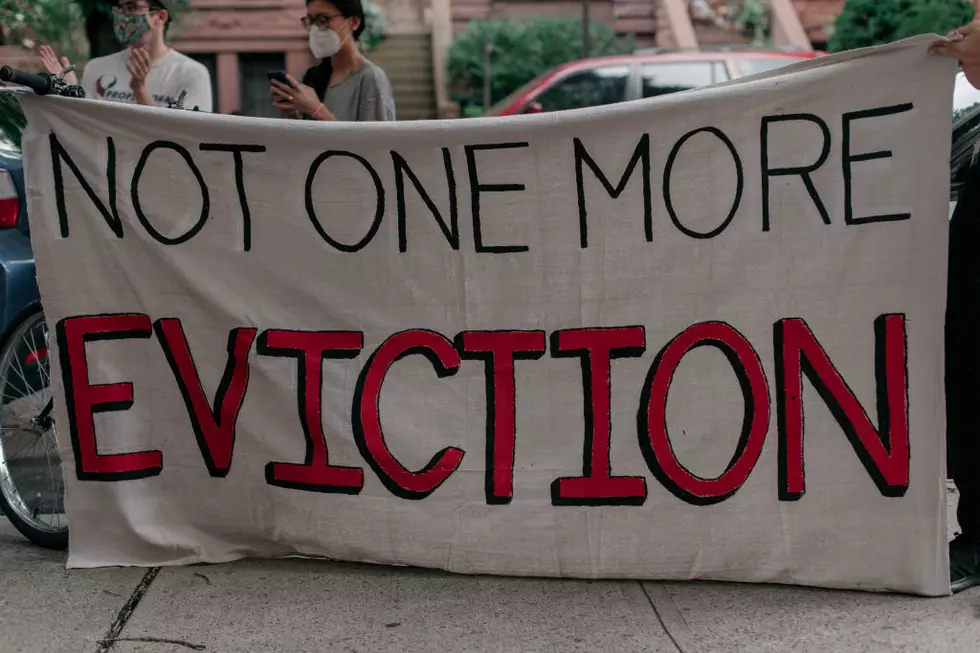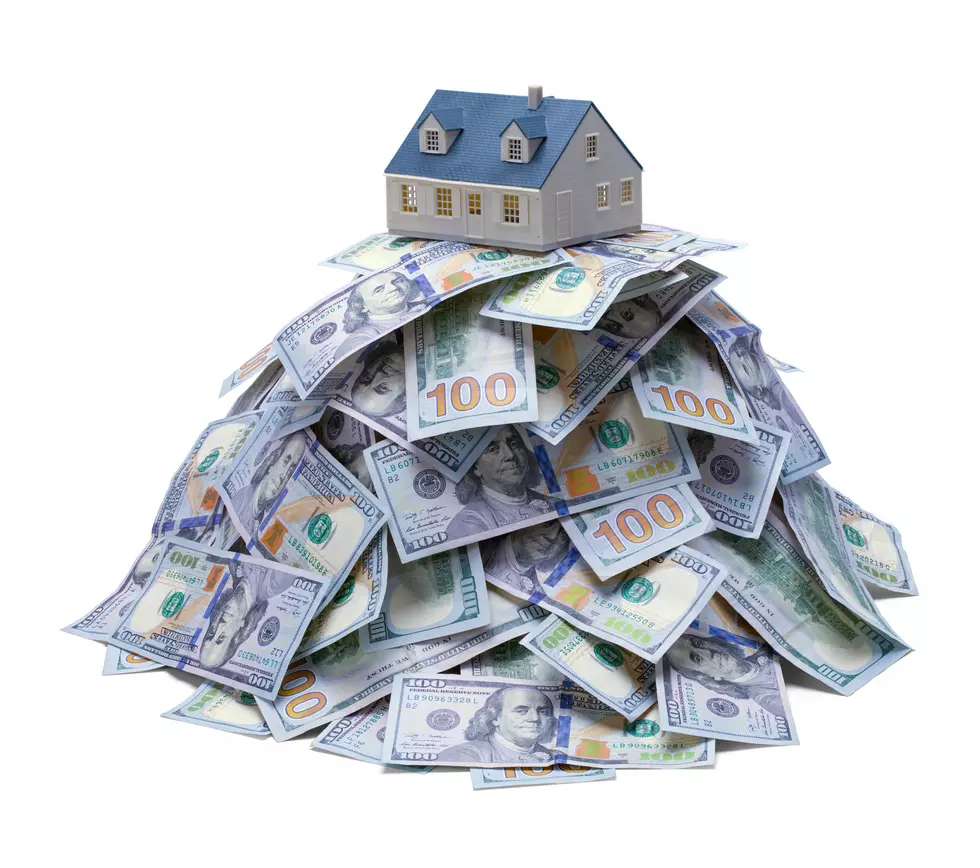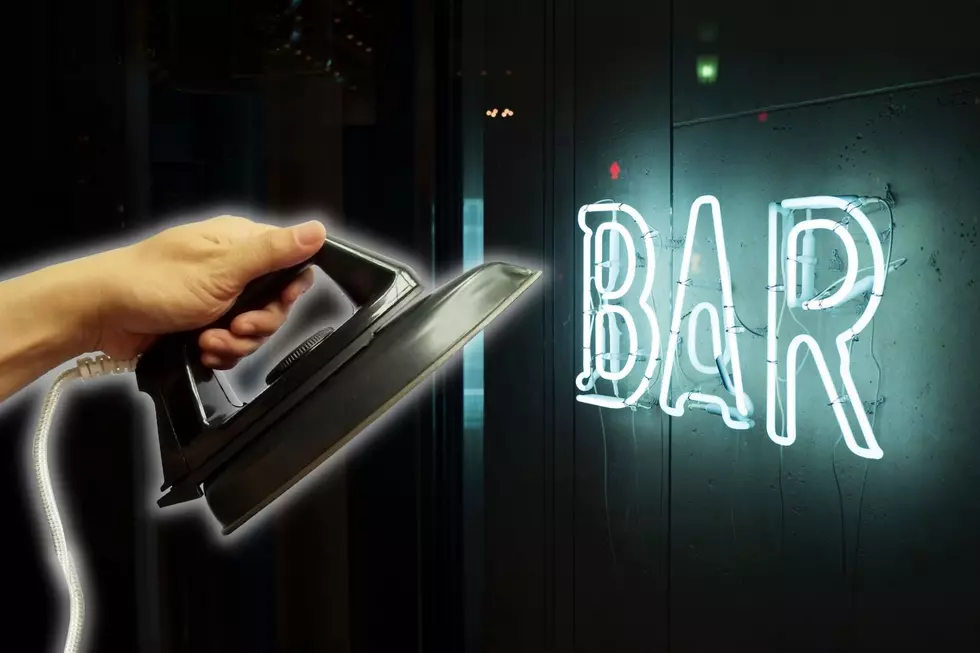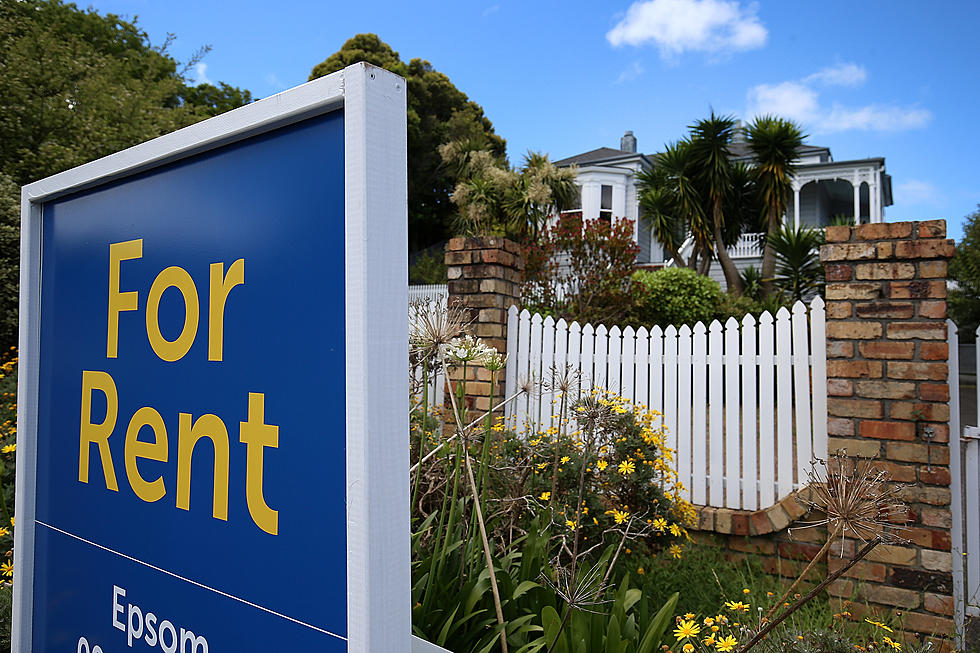
Here Are 7 Ways Your Landlord Can’t Steal Your Money In New York State
If you are a renter, you should be happy to live in New York State. The government here offers many protections to tenants and their money that other states don't.
Here Are The Legal Protections New York Offers To Cover Tenants' Money
1. Security Deposit Limits
Your landlord can only charge you one month's rent as a security deposit or advance payment on a residential property. whether or not you have a lease. If they charge you a security deposit, they cannot charge you for last month's rent.
2. Late Fee Limits
The most your landlord can charge as a late fee is $50 or 5% of your monthly rent, whichever is less.
3. Credit and Background Check Fee Limits
You can only be charged $20 for background and credit checks prior to signing your lease. You can also opt to save money by providing your own background and credit check, so long as they were done within 30 days of submitting them to the landlord.
4. Limits On Non-Payment Evictions
If your landlord is trying to evict you for non-payment,
You can only be evicted for not paying your rent. You cannot be evicted for non-payment of other fees (such as late fees, legal fees, or any other “added” fee).
5. Limits On Damages Taken From Security Deposit
Your landlord must return your security deposit to you within 14-days of you vacating the property. If they claim damages, they must provide you an itemized receipt within 14-days or return your entire deposit, regardless of damages. At your final walk-thru, at which you have the right to be present, they must tell you what is damaged and give you the opportunity to fix it yourself,
You can then take care of the problems yourself to prevent the landlord from keeping part or all of your security deposit. If your landlord deliberately breaks this law, you may be entitled to up to twice the amount of the security deposit.
6. Rent Increase Protections
If you do not live in a rent-stabilized apartment, there is no limit to how much your rent can increase. However, if it goes up 5 percent or more, your landlord must notify you in writing.
› If you have lived in your apartment two years or more, or if you have a two-year lease, your landlord must provide you with 90 days advance written notice before raising your rent or not renewing your lease.
› If you have lived in your apartment for more than one year, but less than two years, your landlord must provide you with 60 days advance notice before raising your rent or not renewing your lease.
› If you have lived in your apartment for less than one year, or have a lease for less than one year, your landlord must provide you with 30 days advance notice before raising your rent or not renewing your lease.
7. Mobile Home Park Rent Increases
The new law limits how much a manufactured home park owner can increase your rent, including the lot rent and any fees or utilities.
• In most cases, rent increases are limited to 3%, but park owners can raise the rent up to 6% if the increase is determined to be “justifiable.”
• If your park owner asks for a rent increase that is more than 3%, you can challenge the increase in court. The judge will determine whether the increase is justifiable.
You can read all about the new renter protections in New York here.

Everything Renters Need To Know About Legal Evictions In NYS
Can You Legally Grow Marijuana At Home In New York State?
Top 10 Consumer Complaints Filed In New York State In 2021
More From 96.9 WOUR


